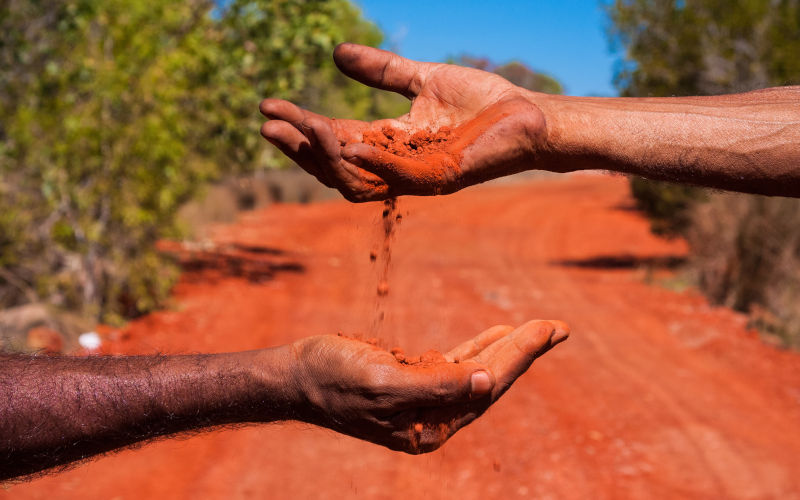From marriage equality to the Voice
December 6, 2022
Discussion about the Voice often stresses the difficulty of passing Constitutional referenda, which require a majority of voters in a majority of states. The last successful change came in 1977 to ensure that a retiring Senator would be replaced by someone from the same party.
Forty years later a non-binding national plebiscite saw 60% of the Australian population vote in favour of same-sex marriage. This led to rapid Parliamentary endorsement, notable for the two former Prime MinistersAbbott and Morrisonwho left the chamber rather than vote in accordance with the majority of their own electorates.
I had been a sceptic about the need for same-sex marriage, but the postal vote was clearly about much more than amending the Marriage Act. It became a test of Australias acceptance of lesbian and gay people, and winning it meant far more than the possibility for marriage equality.
In the same way the referendum on the Voice is not just about creating a means for Indigenous voices to be heard, it is a test of Australias willingness to acknowledge the basic truth that white settlement took place without any recognition of the people who already occupied the land and led to violent and cruel dispossession of the original inhabitants.
Just as losing the marriage vote would have sent a message far greater than support for traditional views of marriage, so losing the Voice would be disastrous. Whether or not the Voice can achieve what its proponents hope, its defeat would represent a repudiation of any commitment to recognise the deep historical injustices that underpin Indigenous inequality.
The marriage proposal was opposed by many of the same forces now lining up against the Voice. The no campaign was also better funded, receiving considerable support from American based religious fundamentalists. As with the Voice the conservative parties were divided, although some Liberals were prominent supporters of the yes campaign.
Already the opponents of the Voice are lining up their arguments. The demand for greater detail is a furphy: constitutions do not include detailed prescriptions for how institutions shall operate, and the Prime Minister has clarified that these details will be determined by Parliament after extensive consultation, much of which occurred under the previous government.
Nor does the Voice divide Australians along racial lines, as the right are now arguing. These claims, which have come from people such as Greg Sheridan and Jacinta Price, ignore the historical realities of sovereignty and dispossession. To argue that we need practical solutions actually supports the claim that we need better ways to hear from Indigenous communities about what these solutions might be.
Senator Price, an indigenous woman from the Northern Territory, gives the no campaign a legitimacy that was denied the opponents of marriage, although one resourceful television program did find a gay couple prepared to go on camera to argue against it.
A major challenge for supporters of the Voice is to reach out to recent immigrant groups who may feel they have no responsibility for Indigenous dispossession and resent what will be portrayed as special pleading. Part of the campaign for the Voice means educating Australians about our history.
There are certain lessons we might take from the marriage campaign that are relevant to the forthcoming referendum. Most important is not to write off groups who are assumed to be unsupportive [critics of the mainstream Equality movement claim this was done in western Sydney, where the greatest no vote was recorded].
The marriage vote won because most people believed in treating everyone equally. The issues around the Voice are more complex, because they require an understanding that equality for Indigenous Australians requires a coming to terms with our history.
But the marriage campaign also won because it enlisted thousands of people to engage in one-on-one conversations across the country. We saw in the last federal election that this is a strategy that paid off for the Teals and the Greens. Maybe the question we need constantly ask is how proud could we be if the country rejects the Uluru Statement, the closest we have to a poetic understanding of what an Australian nation could be?

